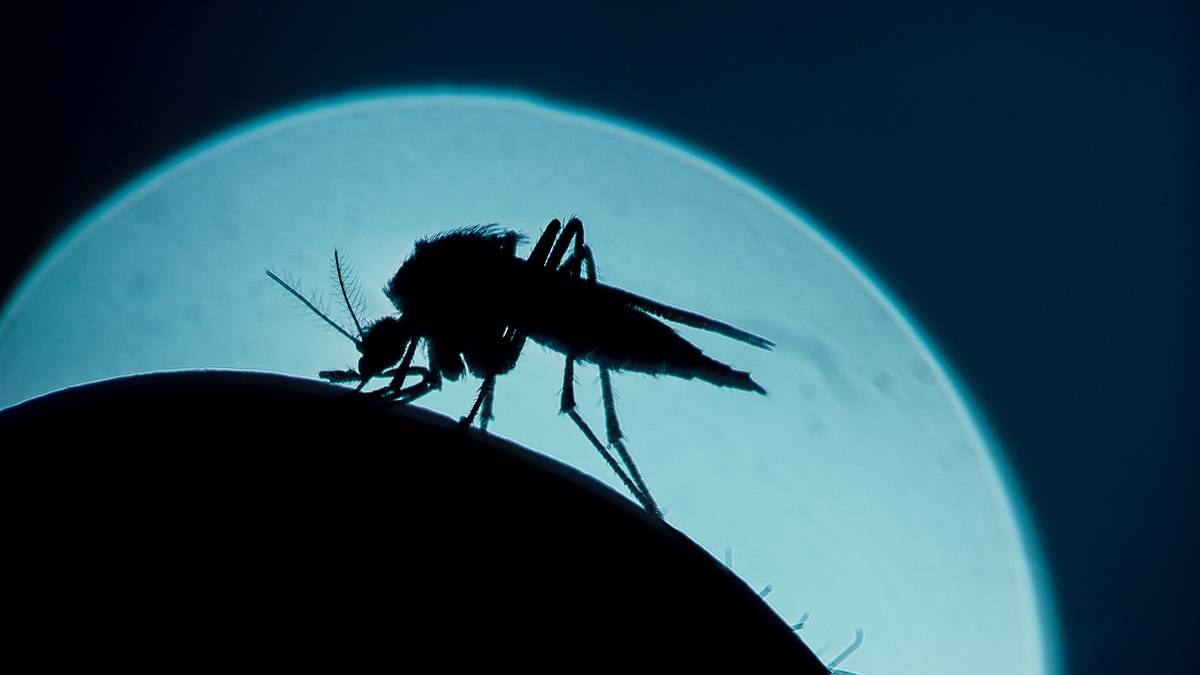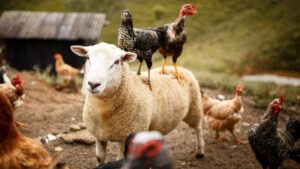Biocurious: Island Pharmaceuticals’ two-pronged plan to put the mozz on dengue fever

Image by Getty
- Dengue fever is spreading to cooler climates and geographies such as California
- Attempts to develop treatments have been hampered because there are four strains of the disease
- Island Pharmaceuticals is trialling its drug candidate as both a prophylactic and therapy
In the past few weeks, cases of the mosquito-borne dengue virus have been reported in San Diego and Los Angeles in California, having been largely confined to the Republican southern states such as Florida and Texas.
A ‘spread-of-Trump’ premonition? Readers could find out in a few hours.
“Every day you pick up the news there is an outbreak in a surprising place,” says Island Pharmaceuticals (ASX:ILA) CEO Dr David Foster.
“These are confirmed cases of locally-acquired dengue fever. They are not people who travelled to, say, Mexico and have come back.”
A graveyard of dengue fever treatments
While dengue fever is the most prevalent mosquito-borne viral disease, other treatments and vaccines have been riven with issues.
Two months ago, Sanofi withdrew the only US-approved vaccine, dengvaxia, after cases of children dying in the Philippines (the drug was also limited to a comically narrow subset of patients).
Japan’s Takeda recently withdrew its US Food & Drug Administration (FDA) approval application for another vaccine, Qdenga while Johnson & Johnson (J&J) shed a phase III program as part of its overall move from anti-infectives.
Foster says the root of the problem is that dengue comes in four varieties.
“After the first infection, the individual get immunity to that strain,” he says. “But you also get a partial immune response against the three other strains.”
With a second infection caused by another strain, the body mounts an “improper and ineffective immune”, resulting potentially in haemorrhagic fever and even death.
Island to the rescue
Island’s proposed solution is its repurposed drug candidate ISLA-101, earlier identified by J&J as a potential cancer treatment.
J&J donated the program to the US National Cancer Institute. To cut a long tale short, it ended in Island’s hands after Puerto Rico-based medical entrepreneur Dr William James Garner realised the molecule’s dengue-busting potential.
“We have an elegant mechanism of action because ISLA-101 targets the interaction between a viral and a host protein,” Dr Foster says.
“That’s our preferred strategy because the virus is less able to mutate to become resistant to it.”
Island embarked on a phase II prophylactic trial – in effect a vaccine – but with the FDA’s blessing the study now includes a therapeutic leg.
Conducted at the State University of New York, the prophylactic arm of the so-called Protect trial enrolled four healthy individuals. They were pre-treated for three days with ISLA-101 – one of them with a placebo – and then exposed to the attenuated (weakened) virus.
A trial readout is expected by the end of the year.
Slated for early 2025, the phase 2b therapeutic leg will enrol ten volunteers who are administered the virus (with two placebos) and then treated with ISLA-101 on day seven.
Driven by altruism – and cash
Who would willingly submit to contracting a disease with symptoms that include vomiting, diarrhoea, headaches, seizures, itching, “pleural effusion” and even “altered minds”?
While some of the guinea pigs are driven by the altruism of advancing medical science, the US$3000 cash payment is especially appealing to students (the volunteers are healthy 18- to-55-year-olds).
“Enrolment is not a problem,” Dr Foster says.
“The beauty of a challenge study is because it is so tightly controlled and because you know exactly what virus you are giving on exactly what day, you don’t need many people.”
He adds that given the dose is weakened, symptoms are akin to a mild flu … sound familiar?
Military trial provides control data
Island also has the benefit of a phase I study run by the Walter Reed National Military Medical Centre, with which Island has a co-operative research agreement.
“In that study, 15 healthy volunteers were dosed with exactly the same virus at exactly the same dose and we have access to all of that valuable data,” Dr Foster says.
These subjects were not dosed with ISLA-101, but the study provides a control base on aspects such as viral levels and symptoms.
By mid 2025, Island hopes to be able to apply to the FDA for consent to run a phase III trial.
Likely to enrol hundreds of subjects, the trial will be held where dengue fever is endemic and the virus is in native form (not mutated).
Dr Foster says pursuing a therapy likely would be a faster path to market and involve a smaller trial.
“A prophylactic looks a lot like a vaccine and vaccine trials can become very large,” he says. “We want to find ways to make a prophylactic study manageable and are working on some ideas.”
By nature, the prophylactic market is bigger. But having said that, a “staggering” 400 million people are infected annually, with about 100 million becoming ill and 20,000 to 30,000 annual deaths.
Plan B (and not from outer space)
Should the dengue program fail to bite, Island now has a Plan B by way of an anti-infective molecule it is likely to acquire from the Nasdaq-listed Biocryst.
Island in September entered a 12-month exclusive due diligence period for the asset, galidesivir, which looks to be effective against the Ebola, Zika and Marburg viruses.
Island incurred an option fee of US$50,000 with a further US$500,000 to pay (plus milestones and single-digit royalties) if the purchase goes ahead.
Supported by US$70 million of US government grants, Biocryst already completed two primate model studies in Ebola and Marburg (a deadly heamorrhagic fever like Ebola).
Given not even the most cashed-strapped student would risk an attenuated form of the hideous Ebola, Island hopes to pursue an FDA approval route by which a non-human study might support approval if it is unsafe or unethical to run a human trial.
Dr Foster says while the company doesn’t want to be distracted from ISLA-101, galidesivir could be progressed in parallel if non-dilutive funding (such as grants) become available.
Speaking of money, Island recently completed a $3.5 million raising which should see the company through the phase II ISLA-101 trial and the potential galidesivir purchase.
Island also in-the-money options which if fully exercised would raise a further $5.45 million.
Be alert but not alarmed
Meanwhile, the Dengue outbreak has been accentuated further by the emergence of the Asian tiger mosquito (Aedus albopictus) as a disease carrier.
Unlike the known Aedes aegypti, these mozzies prefer more temperate climes such as southern Europe.
“Dengue fever was always going to spread, but the problem is going to be worse because we didn’t take having another vector into account that likes being in colder climates,” Dr Foster says.
Locally, dengue is spreading south from the tropics – and when the beautiful people of Byron Bay to become afflicted we will all hear about it in their instagrams.
But pack light-coloured clothing and industrial-strength Rid and try not to let that spoil your summer holiday.
At Stockhead, we tell it as it is. While Island is a Stockhead advertiser it did not sponsor this article.
Related Topics

UNLOCK INSIGHTS
Discover the untold stories of emerging ASX stocks.
Daily news and expert analysis, it's free to subscribe.
By proceeding, you confirm you understand that we handle personal information in accordance with our Privacy Policy.








